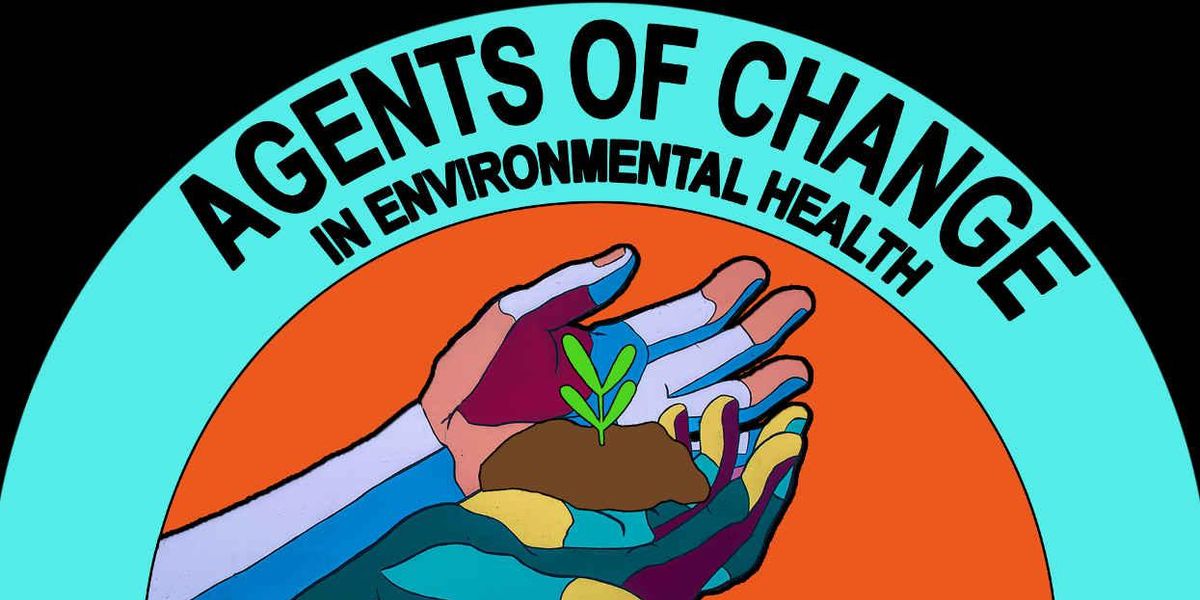
OreOluwa Badaki joins the Agents of Change in Environmental Health podcast to discuss her work as an educator around the world, and the importance of “cultural ways of knowing and being.”
Badaki, a Ph.D. candidate at the University of Pennsylvania Graduate School of Education, is part of the current group of Agents of Change fellows. She talks about working with youth of color on food justice, getting in touch with her Nigerian roots, and the role movement and dance play in her life.
“I take heed from a lot of feminist scholars and Indigenous scholars and others who remind us that we are not just our intellect, we are our bodies, we are spirits, we are feelings,” she said. “There are other important faculties to consider when we’re thinking about the rigor of our work.”
The Agents of Change in Environmental Health podcast is a biweekly podcast featuring the stories and big ideas from past and present fellows. You can see all of the past episodes here.
Listen below to our discussion with Badaki, and subscribe to the podcast at iTunes, Spotify, or Stitcher.





